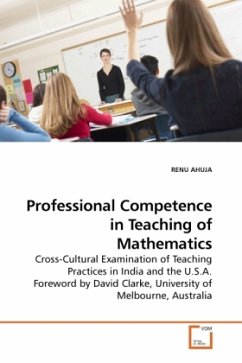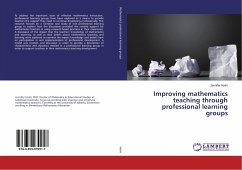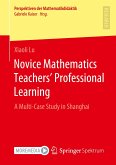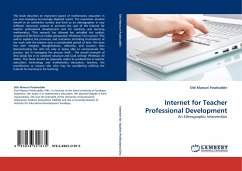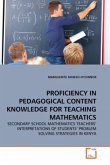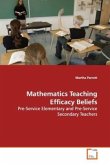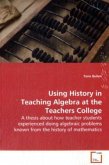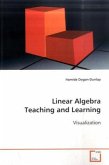This volume on professional competence in mathematics education would make an invaluable addition to the libraries of educational researchers, teacher educators, school administrators, and graduate students. This book advances the theoretical understanding about the knowledge, skills, attitudes, and practices that distinguish competent mathematics teachers. The unique contribution of the book is that the theory of professional competence that it advances is grounded in the specifics of classroom practices in two countries, the United States and India. The use of grounded theory methodology is another unique feature of the book, and the painstaking attention to detail in the use of the methodology makes this a useful book for graduate students seeking a practical example of how this complex research methodology is used. The author develops a model that transcends traditional notions of competence as the mere possession of knowledge and skills from various domains such as content and pedagogy, but rather, views competence as a far more nuanced and dynamic interplay of these in the context of the classroom, school and wider social culture.
Bitte wählen Sie Ihr Anliegen aus.
Rechnungen
Retourenschein anfordern
Bestellstatus
Storno

